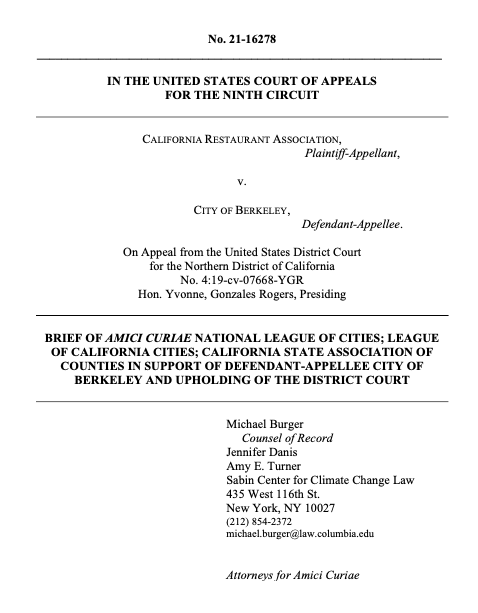by Fiona Kinniburgh
In 2011, France became the first country to ban hydraulic fracturing. Yet controversy over shale gas exploitation there has hardly subsided. Instead, industry pressure has ignited a new legal challenge over the 2011 ban, which natural gas producers allege violates the French constitution.
As a consequence of the law, several companies’ permits to explore shale deposits in the regions of Ardeche and Larzac were cancelled in 2012. Dallas-based company Schuepbach Energy LLC has now filed suit to challenge the law in France’s highest constitutional chamber. Schuepbach’s attorney, Marc Fornacciari, claims that the law misuses the precautionary principle in the 2004 Charter of the Environment. “No study has established that there is any risk linked to fracking,” he told the French court on September 24th. He argued that the government needs to mitigate risks associated with this extraction process rather than imposing a strict moratorium.
However, Fornacciari has neither the French public nor the President on his side. While the moratorium was imposed under the leadership of conservative president Nicolas Sarkozy, France’s current president, Francois Hollande, has confirmed his intention to maintain the ban. Citing widespread allegations of health and environmental impacts from fracking in the US, Hollande announced in a July television interview that there will be no shale exploration for the duration of his term, through 2017. Meanwhile, a September article in Le Monde reported that 74% of the French population polled on the topic was against shale gas exploitation. This remained true across political lines: even amongst sympathizers of the conservative UMP party, opposition remained strong at 55%.
What remains to be addressed is the loophole in the law that bans fracking for shale gas but allows it for geothermal energy extraction. The most significant difference between the two procedures is that geothermal fracking expands existing rock fissures whereas shale gas fracking creates new fissures. Geothermal fracking does not raise the wastewater treatment or drinking water contamination concerns that shale gas fracking does, as the water gets re-injected and does not contain toxic additives. However, similar risks arise in both processes with regards to increased risk of earthquake tremors. It remains to be seen whether the case will lead to a deeper investigation of the relative environmental impacts of the two practices or whether the Constitutional Council will weigh the two procedures based solely on Fornacciari’s terms. The Council will rule on the case this Friday.


